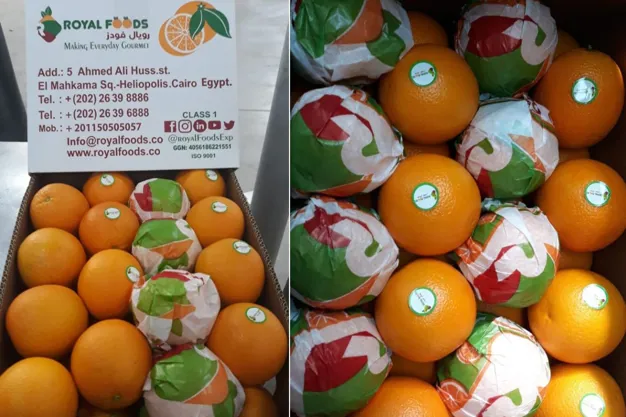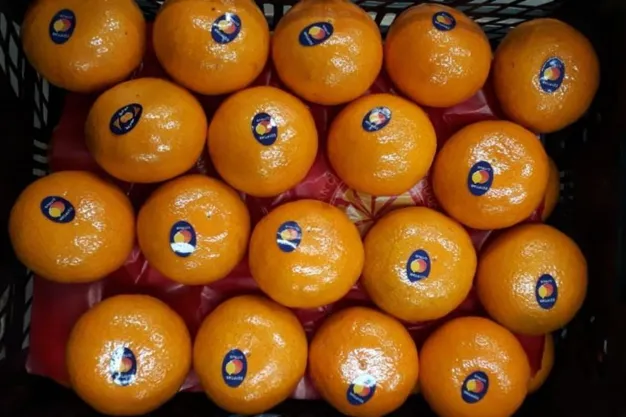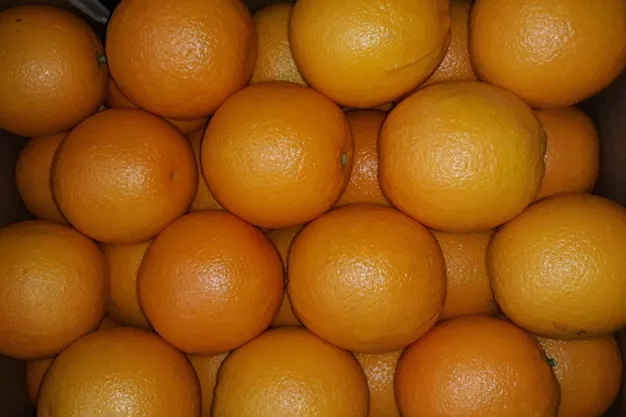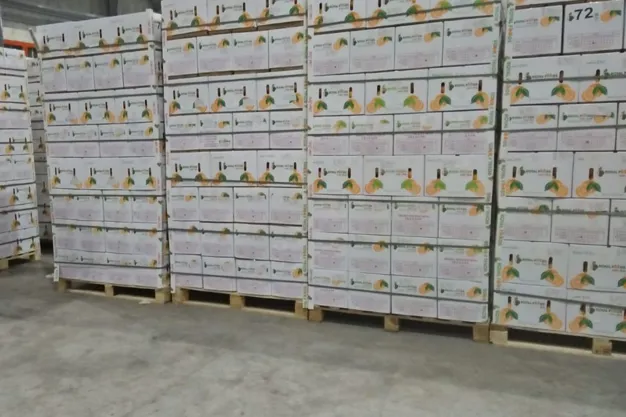The Egyptian citrus season was proceeding at a steady pace, with calm competition, until the advent of the "Suez Canal crisis". Logistical disruptions are worrying exporters, particularly those focusing on non-European markets, and are driving up prices. Abdullah Elrehiewy, CEO of Royal Foods, comments on the situation.

"We traditionally export to Europe and Russia, despite the risks involved in this market. But the most important market for us is Saudi Arabia and the Gulf countries in general. The most economical way to send goods from Cairo to Riyadh is by truck to Port Said, then by sea from Port Said to the port of Dammam, and finally by road to Riyadh. The crisis in the Red Sea and the withdrawal of shipping companies is a real problem. We are learning to adapt to this situation, and I have every confidence in our Saudi market manager, Nevenka Škorić".

The logistics crisis will translate into difficulties in reaching customers, as well as higher transport costs, explains Abdullah. "Inflation and recession have affected the whole world and, unfortunately for us exporters, Egypt too. The instability of the national currency, high input costs in production and now supply chain problems, drive prices up. Logistics costs are an important component in the price of oranges, and the slightest increase will be felt by the customers. We can only hope that this geopolitical situation comes to an end as soon as possible and that the flow of goods returns to normal."

In contrast to the difficulties encountered by exporters using the Suez Canal, those exporting to Europe are benefiting from mild conditions, said Abdullah: "The start of the season on December 5, 10 days earlier than initially planned, enables us to export more oranges before the Christmas holidays. At the same time, supply from other producers affected by natural hazards, such as Spain, Morocco, and South Africa, is reduced. This year, we're still competing with Greece and Turkey, but the Egyptian offer is better in every respect, whether in terms of volume, quality, size or price."

"Egypt is on course to export 2.3 million tonnes of citrus in the current season, an increase of 15% on last year," adds the exporter, "Oranges account for 85% of Egypt's total citrus exports, or 45% of total orange imports into the EU last season. This season, for the reasons I have already mentioned, we expect even better results, both in the EU and in other markets, and we hope that the 'seismic disturbance' that is the crisis in the Suez Canal will not disrupt this ambition."
For more information:
Abdullah Elrehiewy
Royal Foods for Export
Tel: +20 111 120 1208
Email: [email protected]
Nevenka Škorić
Tel: +385 91 1007 111
Email: [email protected]
www.royalfoods.co
